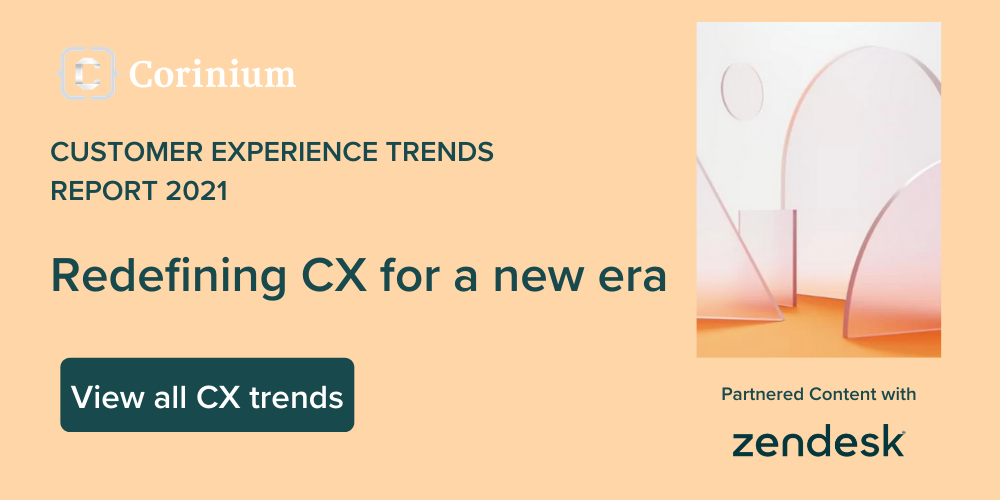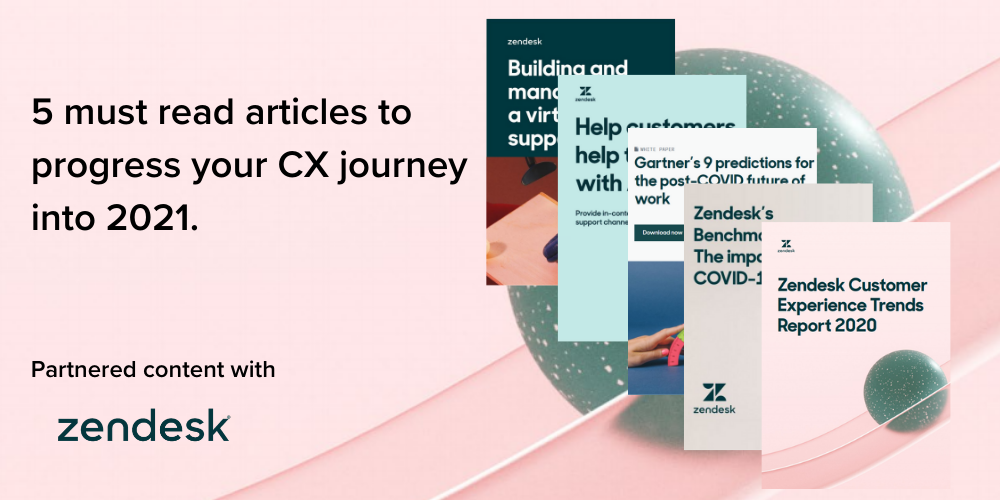Ahead of the annual Chief Customer Officer Melbourne, we caught up with Lionel Kho, Head of Portfolio Analytics & Insight, NAB to discuss what he sees as the biggest game changers in CX, the importance of customer level analytics, as well as the challenges/opportunities of working in CX.
1. What do you see as the biggest game changers for CX over the coming years?
A trite answer, but the integration of customer data, advanced analytics, and data science will shift the paradigm in CX over the next decade. Traditional research methods, whilst still valuable, will need to be enriched with customer level, behavioural or transaction level data. The more we understand about our customers, the better and more tailored a service businesses can offer. On-demand services and digital natives have already shifted customer expectations towards the more ‘immediate’ and ‘personalised’. Legacy businesses who struggle to adapt to these new expectations quickly will find themselves losing early adopters to more agile disrupters who can. Although the sustainability of those businesses (in many cases) is yet to be proven, the shift in the customer’s mindset will be enough to force current incumbents to reconsider the status quo.
2. Why should customer level analytics and insight be important to a CCO, or CXO?
Moving to a more customer centric business requires a deeper understanding of the customer, how they interact with your products or services, their pain points, needs and behaviours. This begins with a fit for purpose customer analytics & insights capability in any CXO’s organisation. C-suite leaders should invest time to understand the emerging opportunities from data science capabilities, and importantly, how they differ from classical numerate disciplines such as finance. For example, many CCOs / CXOs have NPS on their scorecard. How effectively is your business able to operationalise a NPS program? Do you still have a team of graduates who manually read randomly selected verbatim? Or, are you using Natural Language Processing to classify and analyse customer complaints? Can your business form statistically significant correlations between types of customer interactions with your business, and a detracting or promoting score? The value to any business is found in understanding the why, instead of describing the what.
3. What are the challenges and opportunities of a career as an analytics leader in CX?
Currently, the demand for analytics talent has outstripped the available supply, and the jaws will continue to widen. The talent wars have had two primarily effects: (1) the increased scarcity of contributor talent with knowledge of first principles, and (2) the appointment of leadership in analytics teams who are lacking in deep domain knowledge. Both will ultimately hinder enterprise progress towards customer centricity. Often, the appointment of a senior leader without a pedigree in advanced analytics will likely limit the outputs of that team to data extraction, aggregation, and retrospective descriptive diagnosis. Instead, develop leadership pathways for our analytics talent and let them know they are valued. The technical acumen needed to thrive is much harder to coach to a ‘specialist’ people leader.
ABOUT:
Lionel Kho
Head of Portfolio Analytics & Insight, NAB



.png)




